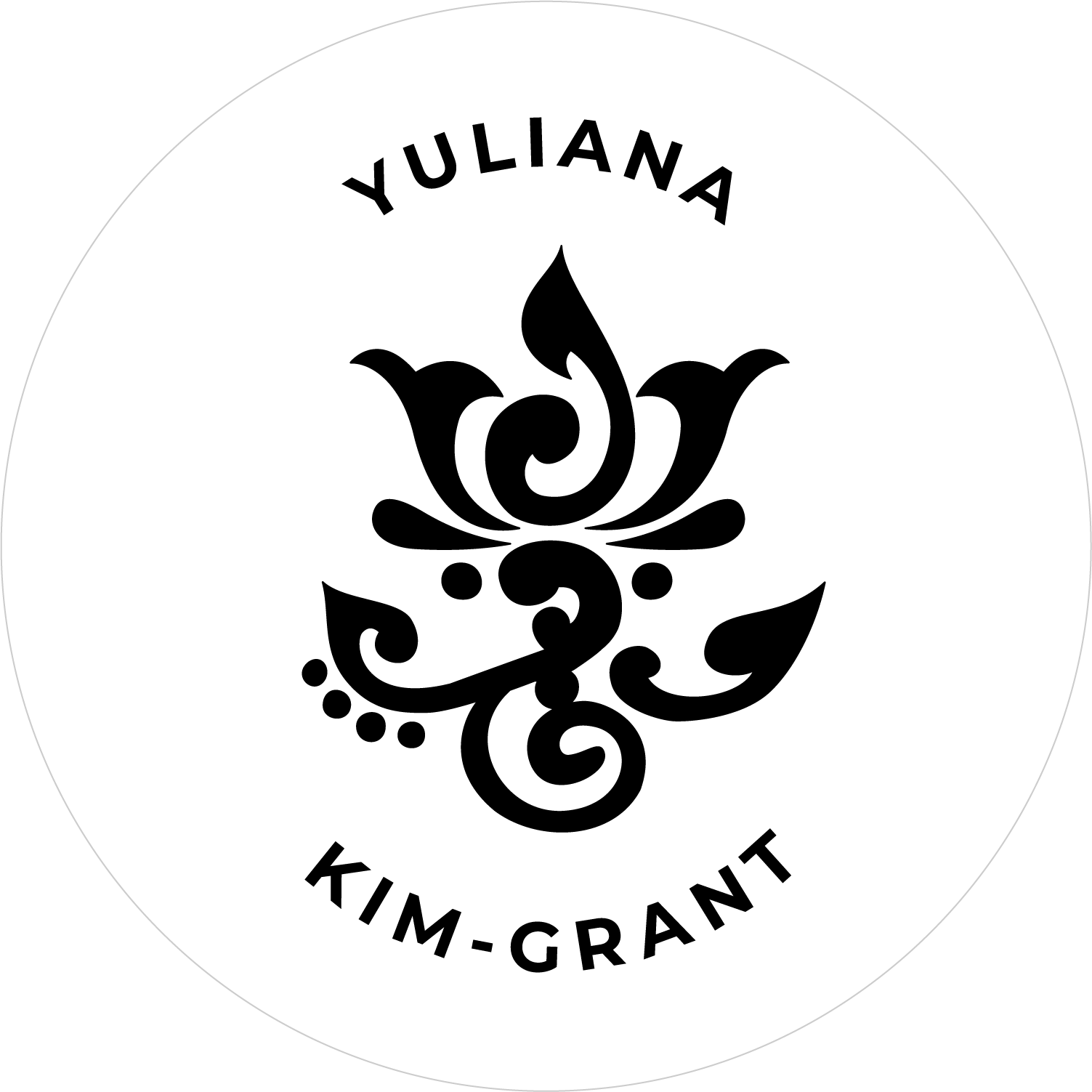True Love Begins With Self-Love
This month’s mantra can be interpreted as an adage for a self-obsessed, self-involved, and selfish person, which can be the reality if this notion of self-love trumps the love for anyone or anything else. In our current culture where narcissism is rewarded, it’s easy to see the endless examples where self-love has gone terribly wrong.
However, for most of us, the idea of self-love is an idea we can appreciate intellectually, if impossible to wrap our heads around emotionally. While love of self seems prosaic, for some it is the love that is the most elusive. The sad fact is that if one can’t find love for self, it is impossible to find true love for another since loving oneself teaches us how to extend that love outward. Simple yes, in theory, but we know the challenges.
It has taken me more than half my life to not let self-love to be poisoned by the endless loop in my own mind that plays all the ways in which I am deficient and not worthy of love from myself, much less someone else. Yet, strangely but understandable given my upbringing, this tape of self-sabotage never deterred me from venturing forth, trying new things with a certain self-confidence. I guess this duality is in thanks to my parents, whose love for me is all consuming. Being Korean meant they never praised me for anything, but instead any praise was couched under the guise of how much better I could have done. If you watch Korean dramas, you’ll understand this is cultural and not because of my parents’ cruelty.
In fact, my parents love was behind their acceptance and encouragement of all the quirky, quixotic life choices I have made. It is this same, at times suffocating love, that has given me the tools to understand true self-love and the confidence to practice what it means to love myself.
I wish there were 12 rules for each of us to overcome our own reluctance to love ourselves. Like everything that is worth attaining, each of us must forge our own rules for acceptance and love of self with all of our faults and limitations.
